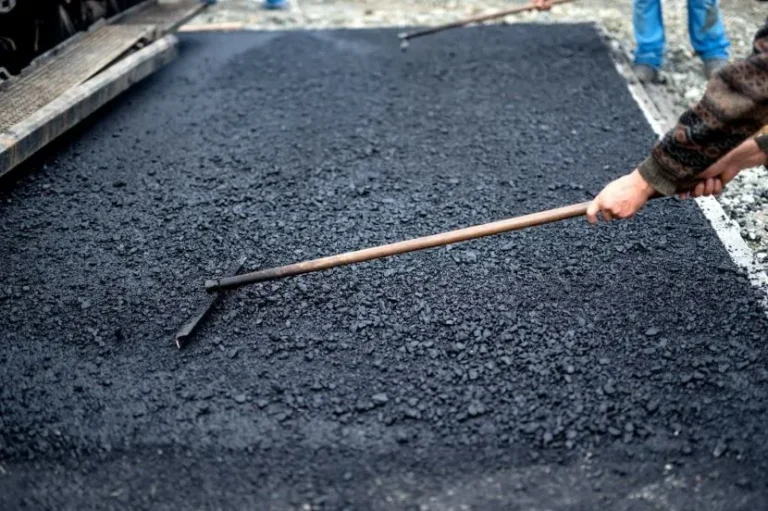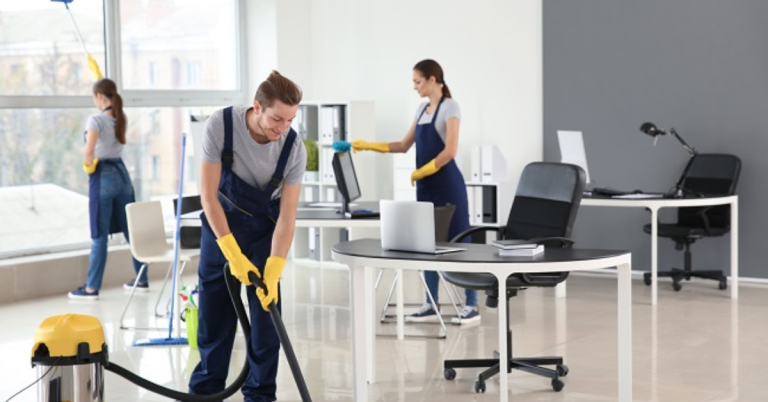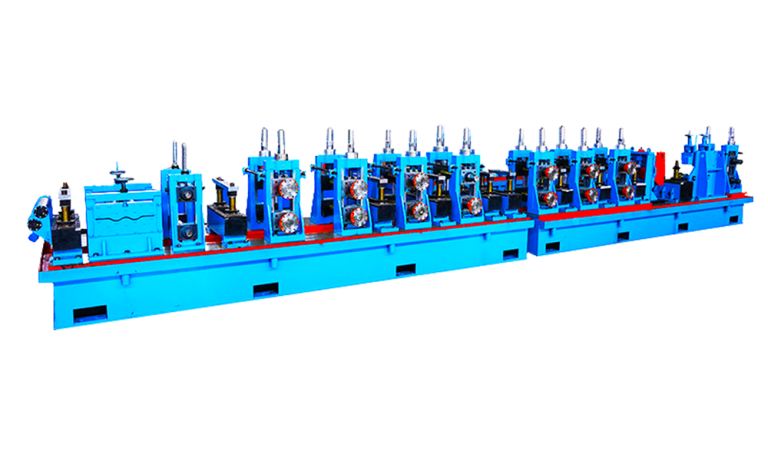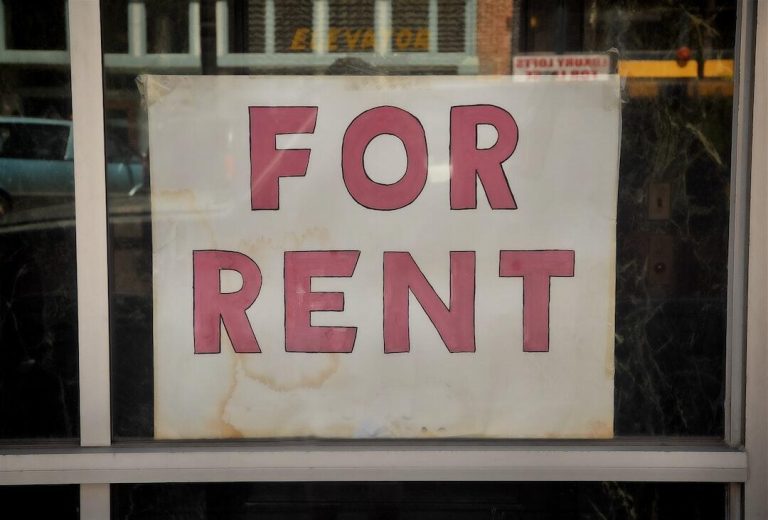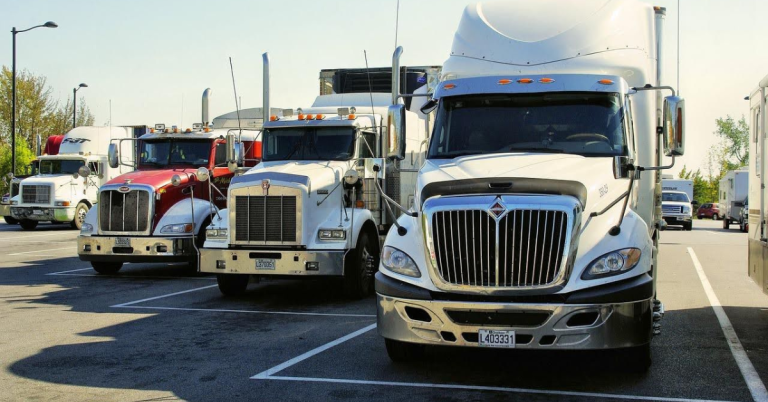How to Use a Camping Water Heater Safely in the Outdoors

A camping water heater is a great addition to any outdoor adventure, providing hot water for cooking, cleaning, and bathing in remote locations. Whether you are camping, hiking, or enjoying a weekend getaway in nature, having access to warm water can improve your overall comfort and hygiene. However, using a camping water heater in the outdoors requires careful handling to ensure safety and efficiency.
If you are considering investing in a camping water heater, it is essential to understand how to use it safely. Proper operation can prevent accidents, extend the lifespan of your heater, and enhance your outdoor experience. This guide covers key safety tips to follow when using a camping water heater in outdoor settings.
Choose the Right Location
The placement of your camping water heater is crucial for safety. Here are some important factors to consider:
- Keep it on a flat, stable surface: Uneven ground can cause the heater to tip over, leading to leaks or fire hazards.
- Ensure proper ventilation: Gas-powered heaters require fresh air to operate safely. Avoid using them in enclosed spaces like tents or RV interiors.
- Stay away from flammable materials: Position the heater away from dry leaves, tents, and other combustible items to prevent fire risks.
- Protect it from wind and rain: While some water heaters are weather-resistant, excessive wind can extinguish the flame, and rain can damage electrical components.
Read the Manufacturer’s Instructions
Before using your camping water heater, read the user manual carefully. Each model may have specific safety guidelines, setup procedures, and troubleshooting tips. Ignoring manufacturer instructions can lead to improper usage, which may cause malfunctions or safety hazards.
Check for Gas or Fuel Leaks
If you are using a propane or gas-powered water heater, always inspect the fuel lines, connections, and tank before use. Follow these steps to check for leaks:
- Apply soapy water to the fuel hose and connections.
- Turn on the gas slightly without igniting the heater.
- Look for bubbles forming, which indicate a gas leak.
- Tighten connections if a leak is found or replace damaged parts.
- Never use an open flame to check for leaks.
Use the Correct Fuel Type
Camping water heaters come in different fuel types, including propane, battery-operated, and solar-powered models. Always use the recommended fuel type specified by the manufacturer. Using incorrect fuel can damage the heater and create safety risks.
- Propane heaters: Use only approved propane cylinders and store them upright.
- Battery-operated heaters: Keep batteries dry and properly charged before use.
- Solar heaters: Ensure they receive enough sunlight for optimal performance.
Maintain Proper Water Flow
Ensuring a steady water flow through the heater is essential for safe operation. Low water pressure can cause overheating, while excessive pressure can strain the system. Here’s how to maintain proper flow:
- Use the right water source: Connect your heater to a clean and reliable water supply.
- Check for blockages: Inspect hoses and filters for dirt or debris before use.
- Adjust pressure settings: Many models allow you to control the water pressure to match your needs.
Monitor the Water Temperature
Camping water heaters can produce extremely hot water, which poses a risk of burns or scalding. To prevent this:
- Set a comfortable temperature: Most heaters allow temperature adjustments to ensure safe water heating.
- Test the water before use: Run water over your hand before bathing or washing dishes.
- Keep children away: Supervise kids to prevent accidental burns.
Never Leave the Heater Unattended
Leaving a camping water heater running while unattended can be dangerous. Always stay nearby when the heater is in use and turn it off when not needed. This reduces the risk of overheating, leaks, and accidental fires.
Store the Heater Properly
After use, store your camping water heater in a dry and secure location. Proper storage extends its lifespan and prevents damage. Follow these steps:
- Drain excess water: Empty the heater to prevent freezing in cold weather.
- Disconnect fuel sources: Remove propane tanks and store them separately in a well-ventilated area.
- Clean and dry the unit: Wipe down the heater to prevent rust or corrosion.
- Keep it in a protective case: If available, use a carrying case to shield it from dust and impact.
Know Emergency Procedures
Even with proper precautions, emergencies can happen. Being prepared can help you respond quickly and safely.
- Fire safety: Keep a fire extinguisher nearby, especially when using gas-powered heaters.
- Burn treatment: If someone gets burned, run cool water over the affected area and seek medical attention if necessary.
- Gas shut-off: Know how to quickly turn off the gas supply in case of a leak or malfunction.
Conclusion
A camping water heater is a convenient tool for outdoor adventures, but safety should always be a priority. By choosing a proper location, checking for leaks, maintaining water flow, and following storage guidelines, you can ensure a safe and enjoyable experience. Taking these precautions will not only protect you and your fellow campers but also extend the lifespan of your water heater. Always follow the manufacturer’s instructions and stay vigilant while using your heater in the outdoors.

